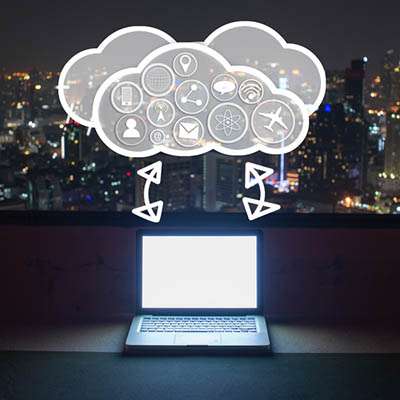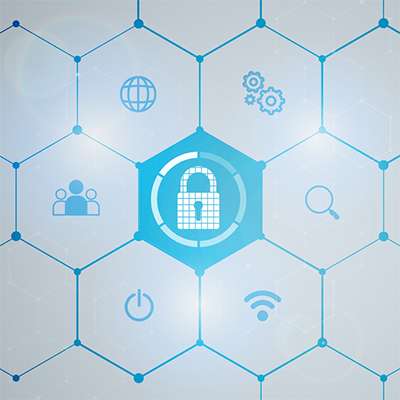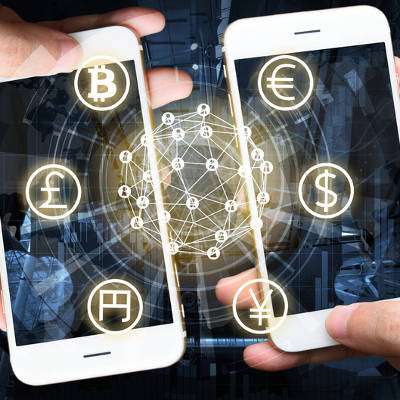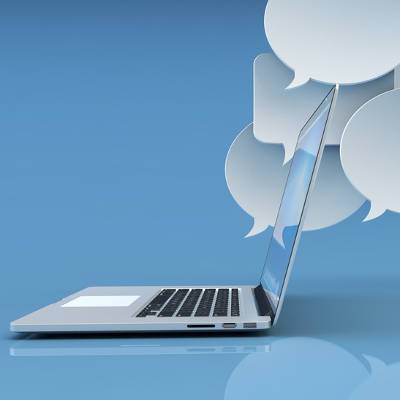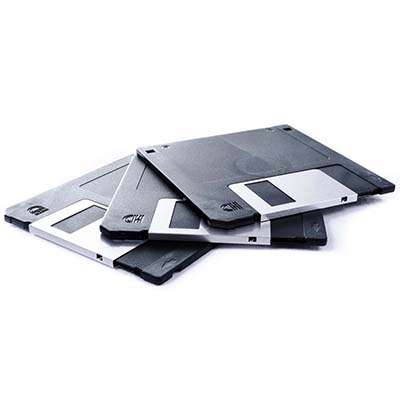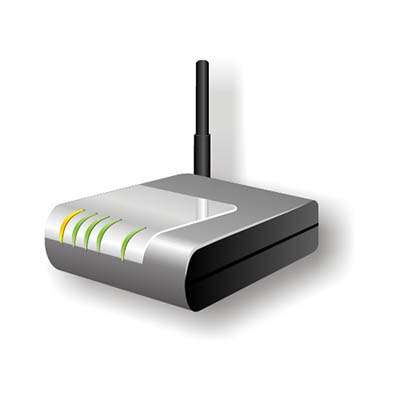Cloud computing is a significant player in the way that businesses are tackling their daily operations. This mAY bring into question whether or not your business is actually using the cloud in the first place, but one thing is clear: if you haven’t implemented the cloud yet, it’s hard to not do so, especially considering how great it can be for your business.
Macro Systems Blog
Have you ever wondered where the commonly accepted perception of cyber investigations comes from? You might be surprised to find out that the world of suits, ties, and data terminals is far from the reality of what these investigations are--or, at least, considerably more dramatic. For today’s tech term, we’re going to get to the bottom of this by investigating what computer forensics really looks like.
Business owners realize that streaming in the office can be a significant hindrance to productivity, but the type of media that is being streamed can play a large role in whether or not the workplace is improved or affected adversely by it. How does your business approach streaming? Depending on its policies, you might want to alter the way that you approach this touchy subject.
Modern business relies very heavily on IT. As a result, to keep their computing network and infrastructure running efficiently, they need to have a network and cybersecurity policy established. With the development and use of organizational computer networks with multiple endpoints, comprehending the basics of network security is helpful when implementing and employing network security systems. Let's review aspects of your network, their functions, and what you need to do to protect them.
More often than not, technology is expensive. You’ll rarely look at your IT invoices without cringing a bit. Nonetheless, it’s imperative that you take a look at these AT LEAST every once in a while to understand just what you’re getting from your technology budget. You want to ensure that your IT purchases are yielding a positive return on investment, and thus providing value for your business.
Does your business leverage any of Google’s excess of services/applications to achieve success? Google Assistant can also be a wonderful asset for your business; it can connect to your smart devices and speakers to create an very valuable tool. Let's review some of the best features of Google Assistant and how it can affect your organization.
A couple sounds are familiar to any office: keys clacking away, coffee being drank, and the rattling, squawking hum of the printer. Yet this image presents a critical question: do you know how much your printer is costing your company each time it is utilized? Let's review how you can calculate this investment.
Star Wars is a cultural sensation. For the past 40+ years audiences from all around the globe have become captivated with the story that took place in a galaxy far, far away. However, Star Wars was also a wonderful lesson in modern IT security! Let's examine three situations that happened in Star Wars: A New Hope and, how, if proper IT strategies were implemented, the Empire would have been able to keep its greatest asset protected.
As financial services have become a much bigger percentage of the economy in the United States, more interest, and capital, is being poured into improving financial services technology. Known as FinTech, there have been many great recent innovations that provide better information, opportunities, and ultimately returns for investors. This month, we take a look at what the FinTech industry is trying to do, and the effects it has on investors, and the economy as a whole.
Is anything more imperative to the success of your organization than strong communication? If you’re not prepared to communicate, it becomes hard to collaborate and make strides on critical projects. Fortunately, like many topics in business, technology permits for more effective communication and collaboration than ever before.
How does your organization leverage data backup? Depending on the way your organization functions and your particular needs, your data backup solution will vary from others in your industry. Still, one thing is absolutely undeniable: your business can’t afford to not utilize some type of data backup system.
Most individuals who utilize computers know "of" the hard drive, but how many actually know what a hard drive does? Depending on who you ask, you’ll get a variety of answers. It’s uncommon that you’ll encounter the ordinary person who knows what the hard drive is, what it does and how it works. Allow us to explain what exactly a hard drive does.
The more that society relies on mobile devices and portable computers to work, the more organizations have to contemplate how to manage their wireless network. The router is the piece of hardware that makes the wireless network feasible. Let's examine the router and how its configuration can dictate the strength, reliability, and security of your organization's wireless network.

